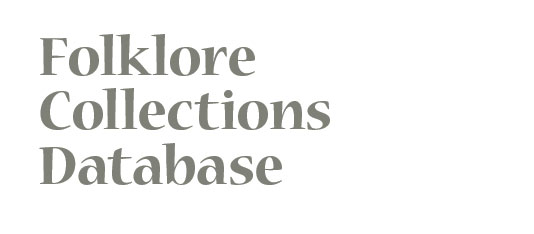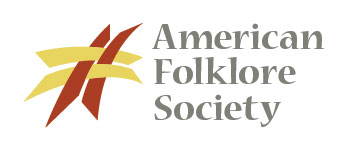

The Folklore Program engages varied comparative and interdisciplinary approaches in a broad range of courses on oral, material, social, and spiritual aspects of African, Middle Eastern, Asian, European, American Indian, North, Central, and South American folklore, on theory and the history of scholarship, and on the public presentation of folklore through archives, exhibits, festivals, media productions, and other modes of representation.
The Program emerged in the 1980s from the University’s varied foreign language and area studies programs, one of the largest concentrations in the nation. On-going collaborations across campus led to the creation of the Center for the Study of Upper Midwestern Cultures in 2001, a regional humanities institution focused on the languages and folklore of the Upper Midwest’s diverse peoples. Many Program faculty and staff serve on the Center’s Board, and a number—including those connected to the Expressive Culture and Diversity in the Upper Midwest Cluster— teach courses on the Upper Midwestern region’s distinctively plural indigenous and immigrant heritage, hybridity, and contrasts between old and new world traditions. Others, including the Communication Technologies Research Cluster, offer coursework regarding digital ethnography and ethnography in digital communities, encouraging student creation and preservation of digital documentation and productions that capture diverse folkloric expressions in the Upper Midwest.